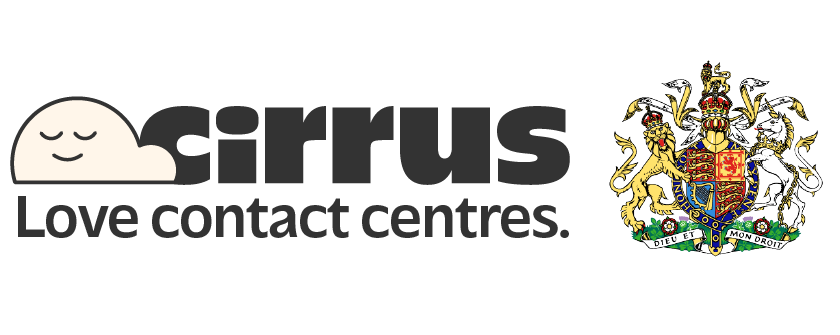You might have heard the term CRM (Customer Relationship Management) tossed around in business meetings or tech discussions. Simply put, CRM systems are the backbone of modern customer service and sales strategies. They help companies manage interactions with current and potential customers, streamline processes, and improve profitability. Did you know that businesses using CRM systems see an average ROI of £6.50 for every pound spent? That’s some serious bang for your buck!
CRM technology encompasses various functions like tracking customer interactions, managing sales pipelines, and automating marketing efforts. But there’s one area where a robust CRM system really shines: complaint management. Effective complaint management can turn a frustrated customer into a loyal advocate, boosting your brand’s reputation and customer satisfaction rates.
Shortfalls of Current CRM Systems
However, not all CRM systems are created equal, especially when it comes to handling complaints in contact centres. Many companies face significant hurdles with their current CRM setups. One common issue is data integration problems. Imagine trying to piece together a customer’s history from different sources—what a headache!
Another major shortcoming is the lack of real-time response capabilities. In today’s super fast service environment, customers expect swift resolutions. A delay in response can lead to customer churn, costing UK businesses millions annually. Ouch! These gaps in CRM functionality can severely impact a company’s financial health and strain customer relationships.
Features Needed for Effective Complaint Management
So, what makes a CRM system truly great at handling complaints in a contact centre environment? Here are some must-have features:
- Enhanced Interaction Management: Your CRM should keep a detailed record of all customer interactions, making it easy to track and resolve issues promptly.
- Real-Time Data Processing: To meet customer expectations, your CRM needs to process data in real-time. This means instant access to the latest information for quicker resolutions.
- Automated Response Systems: Automating responses can ensure that customers receive immediate acknowledgements, keeping them informed and reducing frustration.
- Seamless Integration: Your CRM must play well with other tools and platforms. Seamless integration ensures comprehensive data capture and utilisation, providing a 360-degree view of your customer.
By incorporating these features, CRM systems can radically improve complaint management from a weak spot into a strength, creating better customer relationships and driving business growth. After all, happy customers are the best business strategy of all!
Incorporating Ticketing Systems into CRM
When it comes to handling customer complaints in a contact centre, integrating ticketing systems within CRM platforms can be a game-changer. Think of a ticketing system as the heart of complaint management. It helps organise, track, and manage customer issues with precision.
In a contact centre environment, each complaint is assigned a unique ticket that can be monitored from start to finish. This ensures no complaint slips through the cracks and allows customer service teams to prioritise and address issues more effectively. A speedy resolution not only improves customer satisfaction but also frees up resources to focus on other important areas.
What’s more, ticketing systems provide valuable insights through detailed reporting and analytics. These insights help companies understand common pain points and improve their processes. By having all this information in one place, businesses can identify trends, anticipate future issues, and continuously enhance their service quality.
Strategies for CRM Improvement
To stay ahead in the game, companies need to continually improve their CRM systems. Here are some strategies to consider:
- Advanced Analytics: By adopting advanced analytics, businesses can gain deeper insights into customer complaints. Analytics can reveal patterns and trends that are not immediately obvious, helping companies understand the root causes of complaints. For instance, a retailer might discover that most complaints stem from a particular product line, prompting a review and improvement of that product.
- AI and Machine Learning: Integrating AI and machine learning into CRM systems can take complaint management to the next level. These technologies can predict potential issues by analysing historical data and customer interactions. For example, an AI-driven CRM can flag a likely complaint based on a customer’s recent purchase and feedback history, allowing the company to address the issue proactively.
- Enhanced Communication Tools: Improving the communication capabilities within CRM systems can lead to better complaint management. Features like chatbots, automated email responses, and integrated social media monitoring can ensure that customers receive timely updates on their complaints, enhancing their overall experience.
Conclusion
By implementing these strategies and features, businesses can transform their CRM systems into powerful tools for effective complaint management in contact centres. This not only ensures higher customer satisfaction and loyalty but also drives long-term business growth. After all, turning complaints into opportunities for improvement is a sure way to build a stronger, more resilient brand. So, invest in a robust CRM system, and watch your customer relationships flourish!
If you’re considering reviewing your current contact centre CRM, get in touch with Cirrus today for a free consultation.






